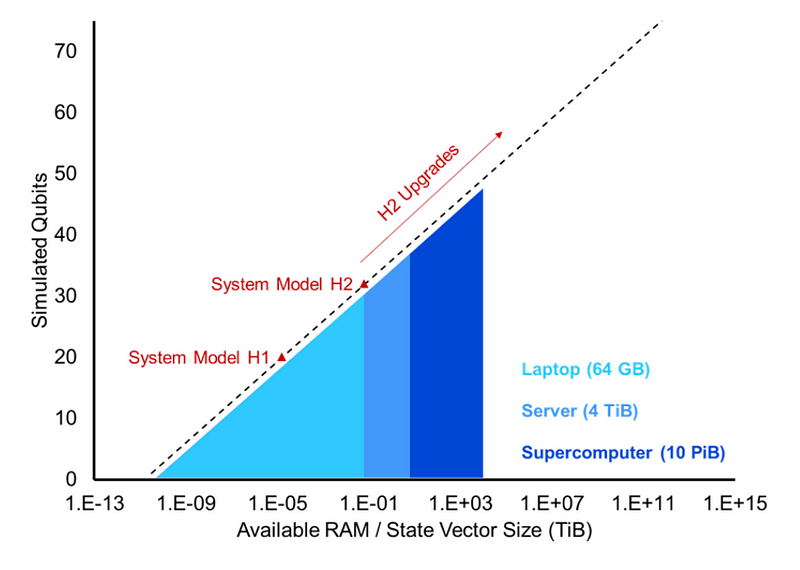Microsoft and Quantinuum's Groundbreaking Quantum Leap
Written on
Introduction to Quantum Advancements
Microsoft, in partnership with Quantinuum, has unveiled a quantum computer that offers exceptional reliability. This breakthrough, which utilizes "logical quantum bits," represents a major step forward in the practical use of quantum technology.
The H2 quantum processors from Quantinuum, combined with Microsoft's innovative methodology for quantum bits, have successfully completed over 14,000 computational tasks without any errors.
Artificial Intelligence — A BUBBLE Ready to Explode?
Between Technological Revolution and Speculative Bubble
Innovative Error Correction Techniques
This accomplishment signifies a pivotal change in addressing the historically error-prone characteristics of quantum computers. Conventional quantum systems have been recognized for their delicacy and vulnerability to errors, which has long been a barrier to practical applications in quantum computing.
The backbone of this quantum computer’s reliability is its error correction mechanisms. While classical computers handle errors through data redundancy, this approach is not applicable in quantum computing due to the no-cloning theorem associated with quantum information.
Nevertheless, Microsoft and Quantinuum have devised a method that distributes quantum information across several qubits, thereby creating “logical qubits.” By utilizing 30 qubits to develop four logical qubits, this strategy has effectively reduced error rates, achieving an impressive reduction by a factor of 800 when compared to ungrouped qubits. Microsoft has expressed enthusiasm regarding this achievement, emphasizing the consistency and dependability of their error correction techniques.

Expert Recognition
Mark Saffman from the University of Wisconsin, who is not involved in the project, has recognized this development as a significant advancement toward fault-tolerant quantum computing. Jennifer Strabley at Quantinuum highlighted the device's efficiency, noting its superior error reduction compared to prior attempts by other research teams, such as those from Harvard University and QuEra.
Despite having a smaller number of logical qubits, the collaboration between Quantinuum and Microsoft has produced superior results with fewer physical qubits.
The Future of Quantum Computing
The next challenge is scaling this technology. Quantum computing experts agree that achieving at least 100 logical qubits is essential for tackling complex and relevant problems in areas such as chemistry or materials science.
Both Strabley and Svore from Microsoft and Quantinuum, respectively, express optimism about their ongoing partnership to accomplish this ambitious goal.
This video titled "Microsoft and Quantinuum's Quantum Breakthrough!" explores the significant advancements made in quantum computing, emphasizing the collaboration between these two entities and the implications for the future of technology.
In this video, "Quantum computing's next era could be led by Microsoft and Quantinuum | TechCrunch Minute," industry experts discuss how this collaboration might shape the future landscape of quantum computing.
Sincerely,
The Pareto Investor
paretoinvestor.substack.com